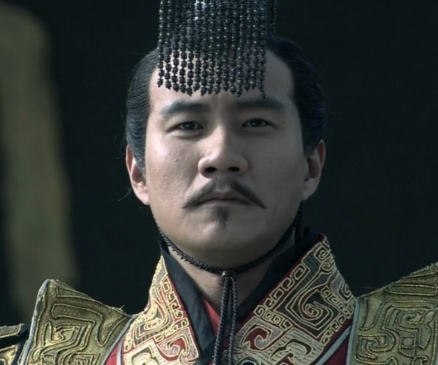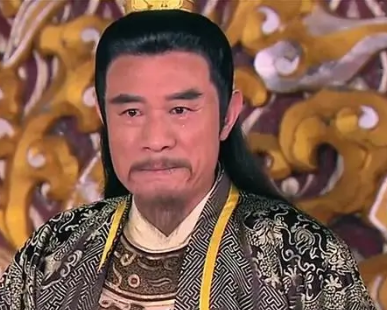In the ancient history of China, Emperor Wu of Han, Liu Che, was renowned for his great talent and reform in various aspects. During his reign, the territory of the Han Dynasty was unprecedentedly expanded, with the most praised being the expedition and development of the Western Regions. This strategic move not only demonstrated Emperor Wu's foresight and wisdom at that time, but also had a profound impact on later generations.

During Emperor Wu's reign, in order to open up trade routes to the West and reduce dependence on the Xiongnu, he decided to go on an expedition to the Western Regions. This decision was based on a comprehensive consideration of economic, military, and diplomatic interests. Emperor Wu sent Zhang Qian twice to the Western Regions, opening up the Silk Road, which not only promoted trade between the East and the West, but also brought valuable strategic resources to the Han Dynasty.
More importantly, Emperor Wu established a military province in the Western Regions, known as the "Western Regions Commandery". The establishment of this administrative division marked the effective military control and administrative management of the Han Dynasty over the Western Regions. The establishment of this military province not only ensured the safety of the Silk Road, but also provided an important military outpost for the Han Dynasty, enhancing its defensive capabilities in remote areas.
The foresight of Emperor Wu's strategic layout lay in his recognition of the importance of the Western Regions for national security and economic development. By establishing the military province, he not only protected the border security of the Han Dynasty, but also left a valuable legacy for later generations. This initiative allowed subsequent dynasties to continue to utilize this geographical advantage, maintaining national prosperity and stability.
Even today, the story of Emperor Wu's expedition to the Western Regions remains a celebrated tale in Chinese history. His foresight was not only reflected in his ambition for external expansion, but also in his well-thought-out planning for the long-term development of the country. Emperor Wu's military province, established through a 15,000-kilometer expedition, has brought sustained benefits to later generations, occupying an important position in Chinese history.
In summary, Emperor Wu's expedition to the Western Regions and the establishment of the military province were embodiments of his wisdom and foresight in governance. This strategic decision not only held significant importance at that time, but also laid a solid foundation for the development of later generations, benefiting them up to the present day.
Disclaimer: The above content is sourced from the internet and the copyright belongs to the original author. If there is any infringement of your original copyright, please inform us and we will delete the relevant content as soon as possible.































